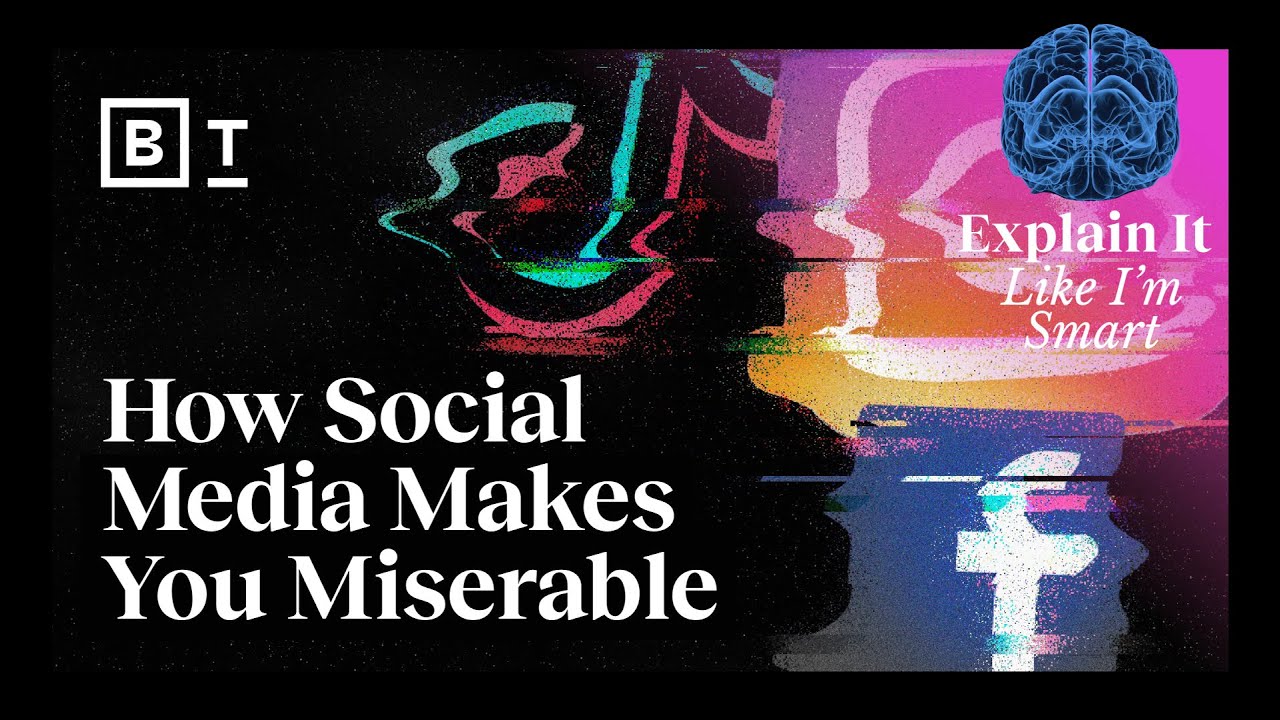Train for any argument with Harvard’s former debate coach, Bo Seo.
Subscribe to Big Think on YouTube ► https://www.youtube.com/channel/UCvQECJukTDE2i6aCoMnS-Vg?sub_confirmation=1
Up next, Harvard negotiator explains how to argue ► https://youtu.be/IDj1OBG5Tpw
Bo Seo, an author and two-time world debate champion, believes our public conversations are in crisis. To Seo, our arguing skills have collectively atrophied over recent decades, resulting in bad arguments that have caused many people to lose faith in the idea that productive disagreements are even possible.
That’s why Seo suggests a framework called RISA — which stands for “Real, Important, Specific, and Aligned” — to help people pick their fights more wisely and to give conversations the best possible chance of success. RISA helps individuals find a better way to disagree.
Seo believes that by making a contract with the other party and reminding them of the rules, conversations can be productive, and disagreements can lead to progress.
0:00 Why you’re losing your arguments
1:11 The making of a world champion
2:17 Intelligence vs wisdom
3:04 The RISA framework
4:29 Applying the RISA framework
6:23 Picking a good fight
7:46 Weak vs. strong arguments
9:21 Side-switch exercises
Read the video transcript ► https://bigthink.com/series/the-big-think-interview/debate-framework
———————————————————————————-
About Bo Seo:
Bo Seo is a two-time world champion debater and a former coach of the Australian national debating team and the Harvard College Debating Union. One of the most recognized figures in the global debate community, he has won both the World Schools Debating Championship and the World Universities Debating Championship. Bo has written for The New York Times, The Atlantic, CNN, and many other publications. He has worked as a national reporter for the Australian Financial Review and has been a regular panelist on the prime time Australian debate program, The Drum. Bo graduated summa cum laude from Harvard University and received a master’s degree in public policy from Tsinghua University. He is currently a student at Harvard Law School.
———————————————————————————-
Read more of our stories on the art of arguments:
Five ways to tell if someone is an expert, or just confident
► https://bigthink.com/smart-skills/expert/
Which philosopher had the strongest arguments?
► https://bigthink.com/thinking/david-hume/
Why changing your mind is a feature of evolution, not a bug
► https://bigthink.com/thinking/how-minds-change-book/
———————————————————————————-
About Big Think | Smarter Faster™
► Big Think
The leading source of expert-driven, educational content. With thousands of videos, featuring experts ranging from Bill Clinton to Bill Nye, Big Think helps you get smarter, faster by exploring the big ideas and core skills that define knowledge in the 21st century.
► Big Think+
Make your business smarter, faster: https://bigthink.com/plus/
———————————————————————————-
Want more Big Think?
► Daily editorial features: https://bigthink.com/popular/
► Get the best of Big Think right to your inbox: https://bigthink.com/st/newsletter
► Facebook: https://bigth.ink/facebook
► Instagram: https://bigth.ink/Instagram
► Twitter: https://bigth.ink/twitter




